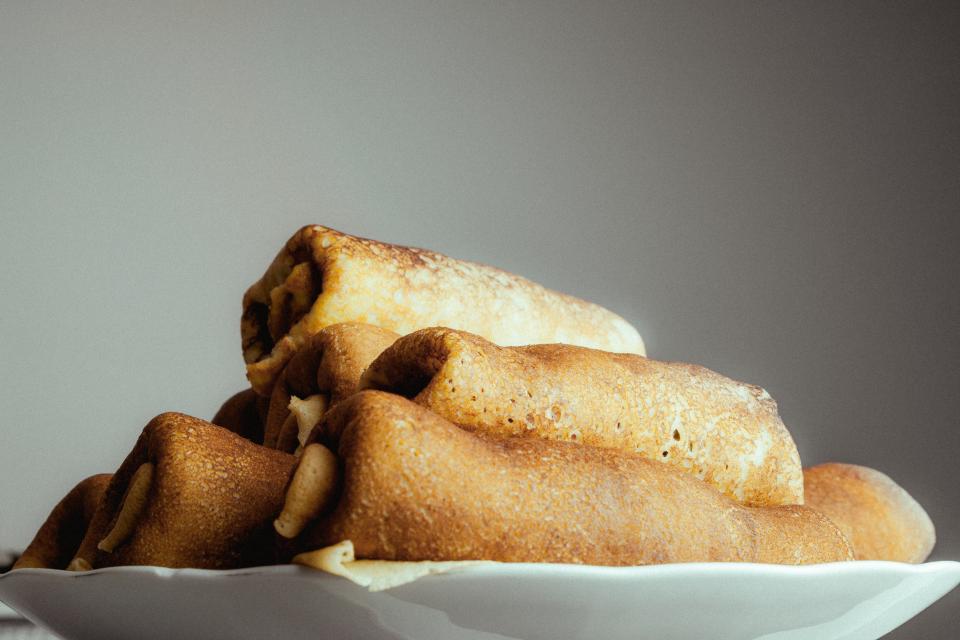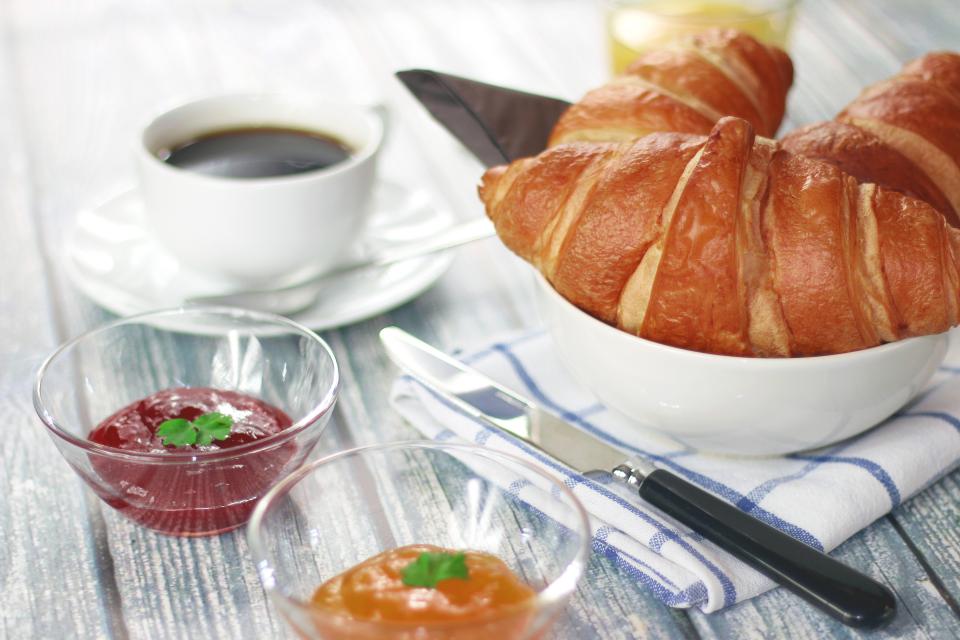The question of whether rabbits can eat bread is a common one, often met with conflicting answers. While a small piece might seem harmless, the reality is that bread can pose significant risks to a rabbit's health. This comprehensive guide will explore the nutritional needs of rabbits, the dangers of bread consumption, and provide clear guidelines for ensuring your furry friend receives a healthy and balanced diet.
Part 1: Unmasking the Nutritional Needs of Rabbits

1.1 Herbivorous Nature: The Foundation of a Rabbit's Diet
Rabbits are herbivores, meaning their diet should consist primarily of plant-based foods. This biological imperative dictates their nutritional requirements, influencing their digestive system and overall health.
1.2 A Symphony of Essential Nutrients
- Fibre: The Engine of Digestion: Fibre is a critical component of a rabbit's diet, primarily derived from hay. It promotes healthy digestion by stimulating gut motility, preventing hairballs, and supporting the growth of beneficial bacteria.
- Vitamins: Vital for Growth and Development: Rabbits require a variety of vitamins, including Vitamin A for vision and immune function, Vitamin C for wound healing, and Vitamin K for blood clotting.
- Minerals: Building Blocks for a Healthy Body: Minerals like calcium for strong bones, phosphorus for energy production, and potassium for muscle function are essential for overall health and well-being.
Part 2: Deconstructing the Nutritional Landscape of Bread

2.1 The Carbohydrate Conundrum: Simple Sugars and Potential Dangers
Bread is primarily composed of carbohydrates, including simple sugars like starch and glucose. While these provide energy, their excessive intake can disrupt a rabbit's delicate digestive balance, leading to health problems.
2.2 The Nutritional Gap: What Bread Lacks
Bread, unfortunately, lacks the crucial nutrients necessary for a rabbit's healthy development. It is low in essential fibre, vitamins, and minerals, meaning it cannot fulfill the dietary requirements of these sensitive creatures.
Part 3: The Hidden Dangers: Unveiling the Risks of Bread Consumption
3.1 Digestive Distress: Bloat and GI Stasis
- Bloat: A Distended Stomach: The high carbohydrate content in bread can ferment in a rabbit's gut, leading to excessive gas production and a distended stomach, a condition known as bloat.
- Gastrointestinal Stasis (GI Stasis): A Slowing of the Digestive Process: Bread can contribute to a slowing or complete halt in the movement of food through the digestive tract, a condition called GI stasis. This can lead to dehydration, constipation, and potential organ damage.
3.2 Dental Dilemma: Overgrown Teeth and Painful Complications
Bread, due to its lack of fibre, doesn't sufficiently wear down a rabbit's teeth. This can result in overgrown incisors and molars, causing difficulty eating, pain, and infections.
3.3 Weight Gain: A Threat to Overall Health
Bread is high in calories and low in fibre, making it a contributing factor to weight gain. Obesity in rabbits can lead to a host of health problems, including heart disease, diabetes, and joint issues.
3.4 Nutritional Deficiencies: A Cascade of Health Problems
The lack of essential nutrients in bread can lead to various deficiencies, including Vitamin A deficiency (affecting vision), Vitamin C deficiency (weakening the immune system), and calcium deficiency (weakening bones and teeth).
Part 4: Debunking Common Misconceptions About Bread and Rabbits
4.1 The "Small Amount" Myth: Even Tiny Bites Can Be Harmful
The misconception that a little bit of bread won't hurt is dangerous. Even a small amount can disrupt a rabbit's digestive balance and contribute to long-term health problems.
4.2 The "Homemade is Healthier" Delusion: A False Sense of Security
While homemade bread might seem healthier, it still lacks the essential nutrients needed by rabbits. The high carbohydrate content and low fibre levels remain a concern.
Part 5: The Power of a Balanced Diet: Safe Alternatives to Bread
5.1 Hay: The Cornerstone of a Healthy Rabbit Diet
Hay should constitute the majority of a rabbit's diet, providing essential fibre, promoting healthy digestion, and preventing dental problems. High-quality Timothy hay is an excellent choice for adult rabbits.
5.2 Fresh Vegetables: A Vibrant Source of Nutrients
Fresh vegetables provide a variety of vitamins, minerals, and fibre. Choose a mix of leafy greens, root vegetables, and peppers.
5.3 Commercial Rabbit Pellets: A Supplemental Source of Nutrition
Commercial rabbit pellets should be offered in limited quantities, as a supplement to hay and fresh vegetables, providing additional nutrients and ensuring a balanced diet.
Part 6: The Importance of Veterinary Guidance
Consult with a veterinarian experienced in rabbit care to get tailored dietary recommendations for your individual rabbit. Factors such as age, breed, and health condition influence dietary needs.
Part 7: Conclusion: A Healthy Diet for a Happy Rabbit
Feeding bread to rabbits is detrimental to their health. A balanced diet consisting primarily of hay, fresh vegetables, and limited amounts of commercial rabbit pellets is crucial for maintaining your rabbit's health and well-being.
Part 8: FAQs: Addressing Common Queries
8.1 Can rabbits eat bread crusts?
No, bread crusts are harder to digest than bread and can cause dental problems.
8.2 What kind of bread is safe for rabbits?
No type of bread is safe for rabbits.
8.3 Can I give my rabbit a small piece of bread as a treat?
No, even small amounts can be harmful.
8.4 What happens if my rabbit eats bread?
If your rabbit has eaten bread, monitor them closely for any signs of digestive upset, such as reduced appetite, lethargy, or diarrhoea. Contact your veterinarian if you notice any concerning symptoms.
8.5 Can rabbits eat bread crumbs?
No, bread crumbs are just as harmful to rabbits as bread.
8.6 Are there any human foods that rabbits can safely eat?
While bread is not safe, some human foods can be offered in moderation as occasional treats. These include:
- Fresh parsley
- Small amounts of fresh cilantro
- Small amounts of fresh basil
- A few pieces of banana (without the peel)
- A small piece of pineapple (without the core)
- A small piece of papaya
Always consult with your veterinarian for specific recommendations on safe treats for your rabbit.
8.7 What are some signs that my rabbit is not getting enough fibre?
Signs of inadequate fibre intake include:
- Soft or watery stools
- Decreased appetite
- Lethargy
- Hairballs
- Weight loss
- Overgrown teeth
If you notice any of these symptoms, contact your veterinarian immediately.
By understanding the nutritional needs of rabbits and the dangers of bread consumption, you can ensure your furry friend receives a healthy and fulfilling diet, leading to a longer and happier life.
Everyone is watching
-

Do Rabbits Lay Eggs? (The Surprising Truth)
OTHER TYPES OF PETSThis article will unravel the common misconception that rabbits lay eggs, exploring the fascinating world of r...
-

Can Rabbits Eat Grapes? A Guide to Safe Rabbit Treats
OTHER TYPES OF PETSThis comprehensive guide will explore the safety and suitability of grapes for rabbits, providing detailed inf...
-

What's a Group of Rabbits Called? (A Comprehensive Guide)
OTHER TYPES OF PETSThis article delves into the fascinating world of rabbits, exploring the various terms used to describe a grou...
-

Predators That Hunt Rabbits: A Guide to Natural Enemies
OTHER TYPES OF PETSI've always been fascinated by the circle of life, that delicate dance between predator and prey. Growing up ...
-

Are Rabbits Nocturnal Animals?
OTHER TYPES OF PETSThe question of whether rabbits are nocturnal animals is a fascinating one, with a surprisingly complex answer...
